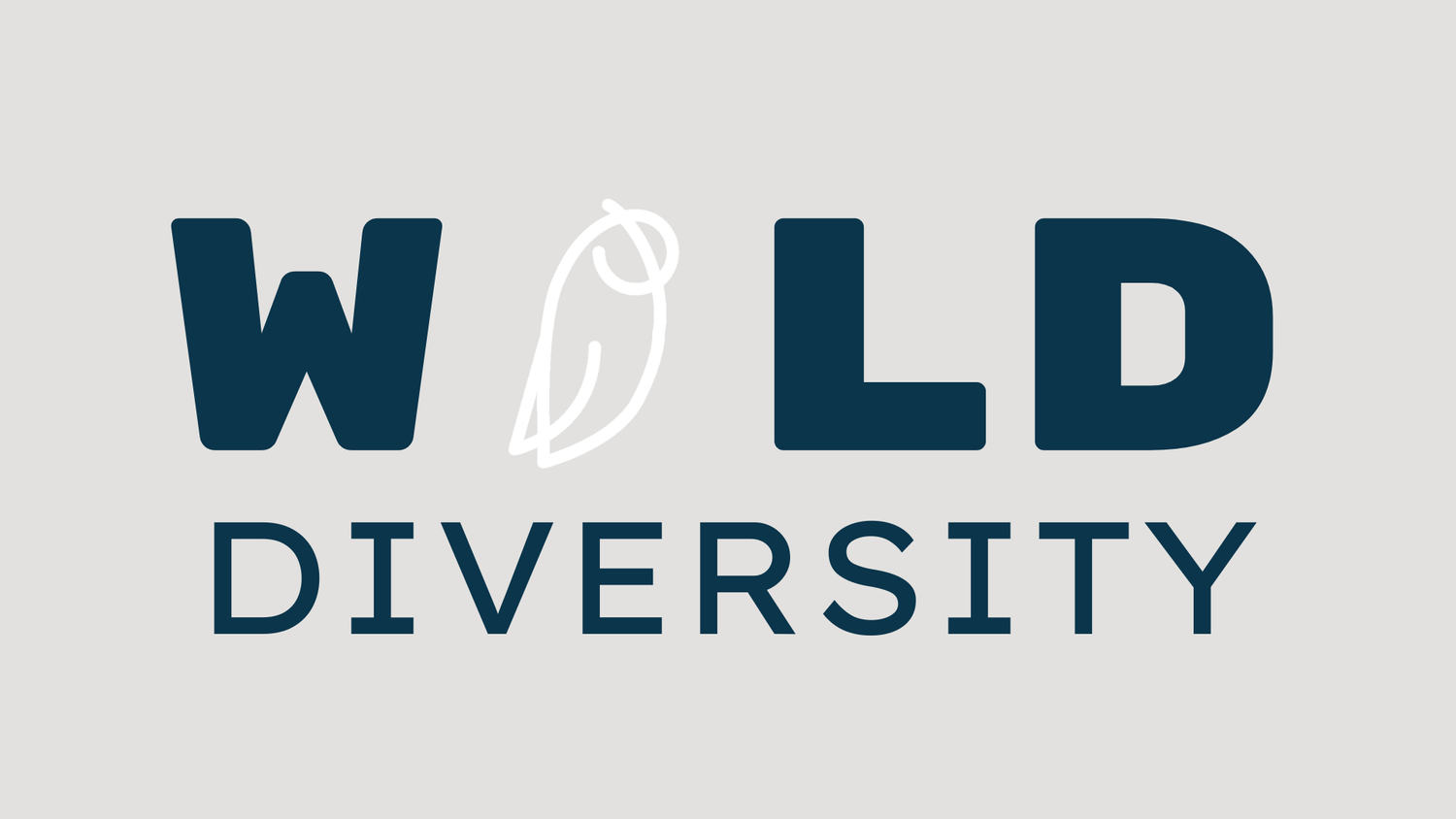Rethinking Land Conservation
Portland’s smoke-filled skies the past few days have brought flashbacks of the September 2020 fires that ravaged Oregon during the first year of the pandemic. Checking air quality and the smoke hazard map each day this past weekend reminded me that summertime in Oregon is stunning, precious, and fleeting. Each year, Oregonians, Californians, and most residents in the west have to change gears at the end of August and September as they brace for fire season. It's become an inevitable part of our being, woven into our lives and impacting our lifestyles, whether we want it to or not. And now, here we are again, for another season of unpredictability as we inch toward the fall equinox this month.
Like most of Wild Diversity’s programs in the summer, the BIPOC Conservation program thrived over the past three months. We successfully met in person in June, July, and August. We learned from one another and began establishing BIPOC-led learning opportunities. We nature walked, we paddled, and we communed. We covered ground and spent time learning at the headwaters of Wilkes Creek, the Columbia Slough, and the Willamette at Cathedral Park. Slowly and steadily, the program takes shape and organically and authentically orbits towards its unique identity - one that is not designed by seniority-driven upper white management but by the BIPOC community itself. We move into Fall thinking about the redefining of conservation by us and for us.
So, this month, we are meeting again. We’ve been focused on learning more about our rivers and watershed systems, and this month we change gears to think and focus more on land. We’ll head out to the Columbia Gorge, spend time with Melissa Gonzalez and Mika Barrett of Friends of the Columbia Gorge and discuss matters related to land conservation at a property in Cape Horn. The land conservation sector in the PNW has been discussing equity for the past few years, but many of us are still wondering: what does inclusive and equitable land conservation look like? Time moves slowly in the conservation world, but how long must we wait until we see some of the processes decolonized and redefined? A collective movement starts with personal work. Are you rethinking your relationship to conservation, and if so, we’d love to know how?
We look forward to holding space for this conversation, new ideas, and building a vision together.

